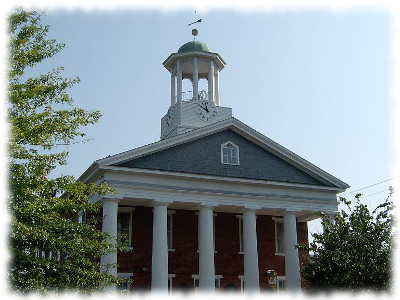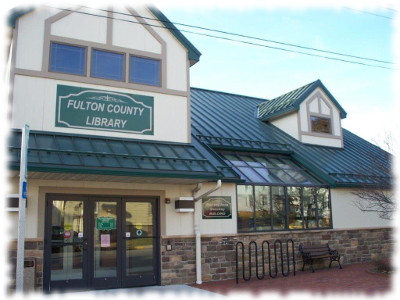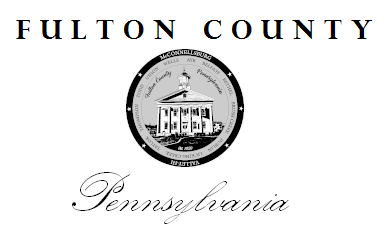Local Emergency Planning Committee
What is an LEPC?
An LEPC or Local Emergency Planning Committee is a local organization that was established by a Federal law called the Emergency Planning and Community Right to know act or EPCRA. It was passed by the United States Congress in November of 1986 to help communities deal safely and effectively with the many hazardous substances that are used throughout our country. The Superfund Amendment and Re-Authorization Act (SARA) passed in 1986 requires emergency response plans to be developed for responding to chemical emergencies which might happen in the United States. This responsibility was mandated to be handled on local levels through the establishment of LEPCs.
In the past, citizens who wanted to know more about the hazardous and toxic chemicals in their communities had to depend on the cooperation of industry for information. Some companies were willing to answer questions and even opened their gates for public tours a few times a year. But if a company wasn't willing to share information about its operations with its neighbors, there wasn't much a concerned citizen could do about it.
The law has two main purposes:
- To encourage and support emergency planning for responding to chemical accidents.
- To provide local governments and the public with information about possible chemical hazards in their communities.
For the law to work, industry, interested citizens, environmental and other public-interest organizations, and government at all levels must work together to plan for chemical accidents and to reduce the risk to the public from releases of toxic chemicals into the environment. The law establishes an ongoing forum at the local level for discussion and a focus for action -- the Local Emergency Planning Committee (LEPC).
With the recent terrorist attacks on our country, and the possibility of a chemical spill or release at a local chemical plant, people are more concerned about the chemicals in their neighborhood. The more you know about chemicals and chemical hazards in your community, the better equipped you and your local government will be to make decisions and take actions that will better protect your family and your neighbors from unacceptable risks.
A key to successful environmental protection program, both now and in the future, is exactly this kind of community and citizen awareness and involvement in environmental decision-making. The federal government is developing a number of products and programs to assist communities in this process, and the EPA continues to have important responsibilities for controlling pollution on a national basis. But local environmental problems cannot be solved by the federal government alone. Solutions must involve the people who have a direct, immediate stake in both the problems and their resolution, supported by government at all levels. This is how your LEPC can help you become an active participant in the safety of you, your family, and your community.
In response to the law's requirements, states, communities, industries, and citizen groups around the country have joined forces to:
- Write emergency plans to protect the public from chemical accidents.
- Set up procedures to warn and, if necessary, evacuate the public in case of emergency.
- Provide citizens and local governments with information about hazardous chemicals & accidental releases of chemicals in their communities.
- Prepare public reports on annual releases of toxic chemicals into the air, water, and soil.
All this planning and information-gathering is directed toward a common goal: to help you, your local officials and community leaders to become better informed, since together you make important decisions about how to deal with toxic and hazardous materials.
As a citizen, you now have the right to know about chemicals in your community. You have the right to make your own informed decisions as to whether these chemicals are a threat to your health or environment. The more each of us learns about, understands, and participates in managing chemical hazards, the safer our communities will be for everyone.





